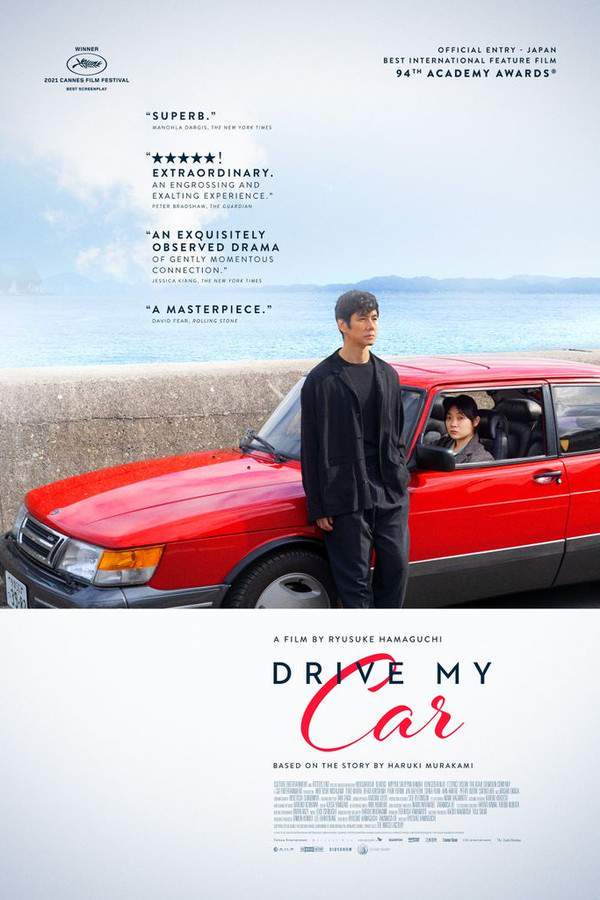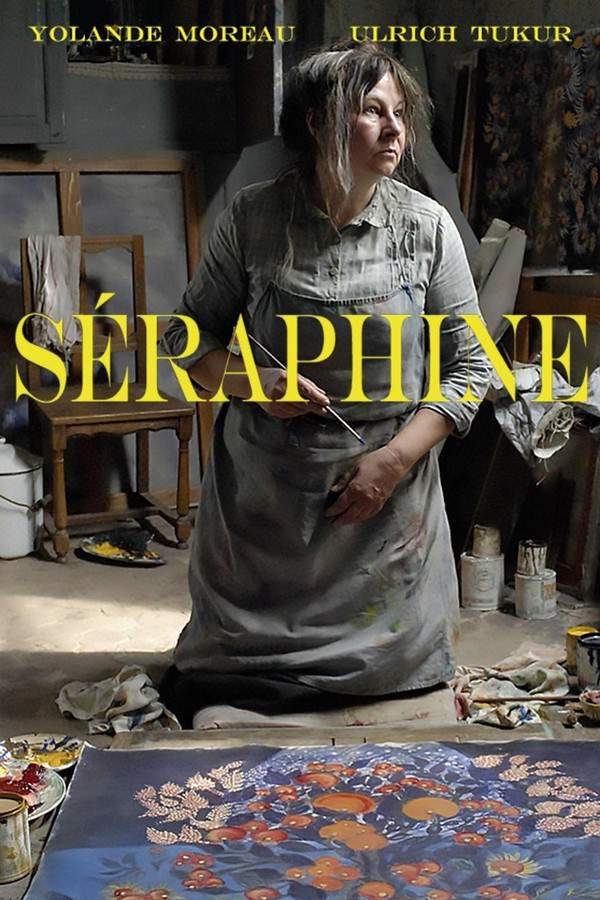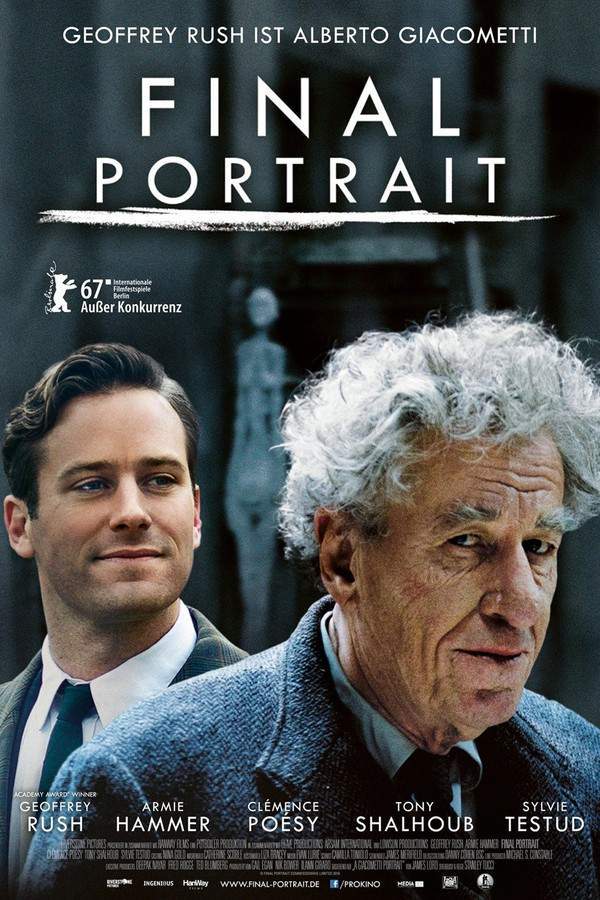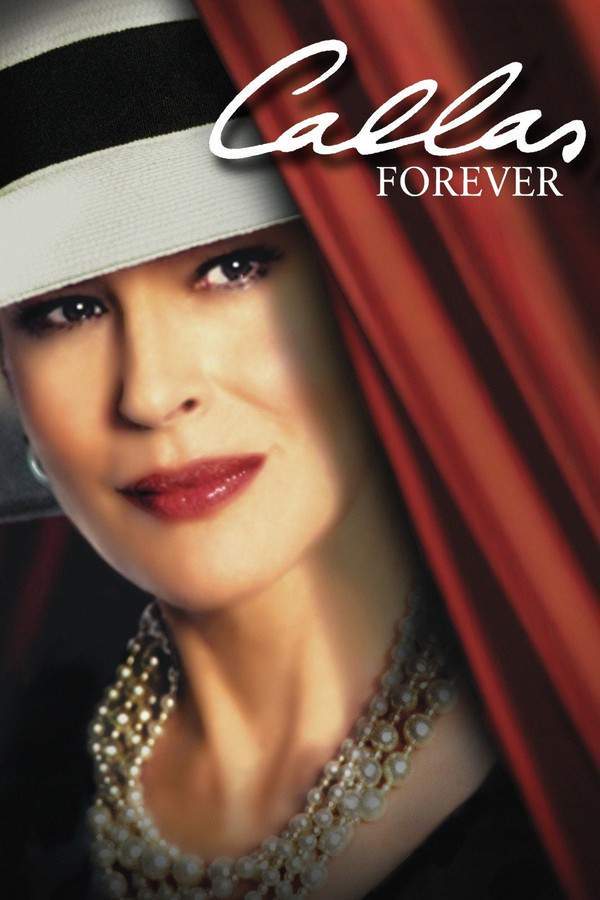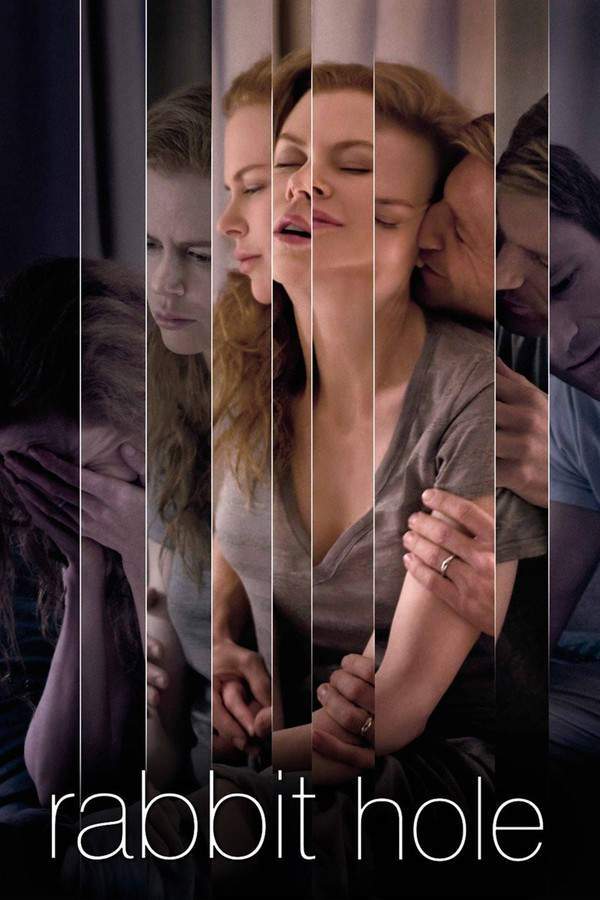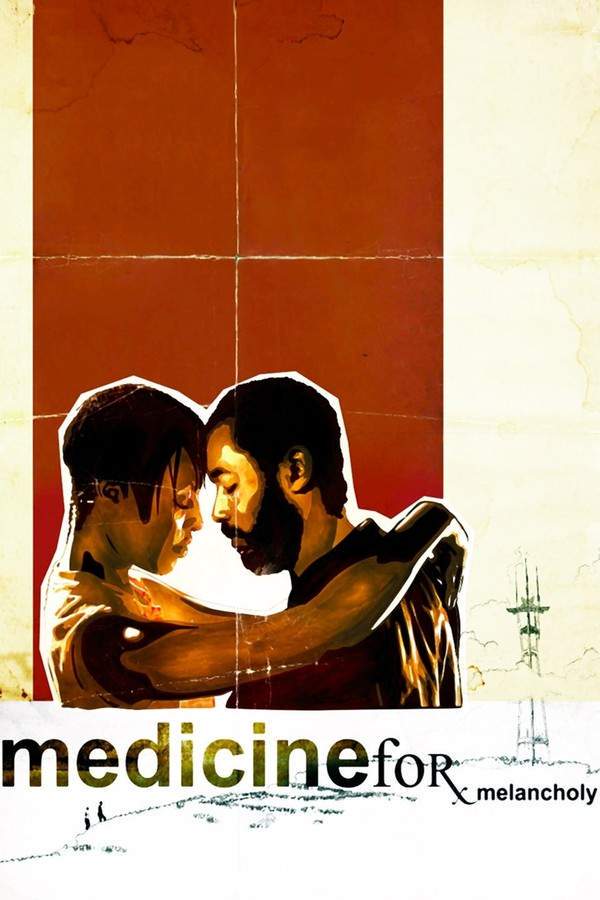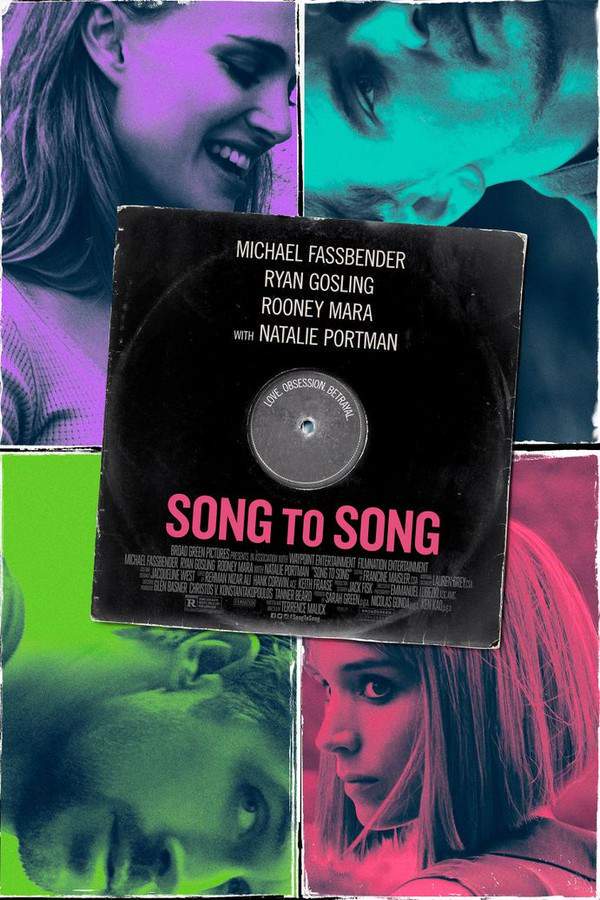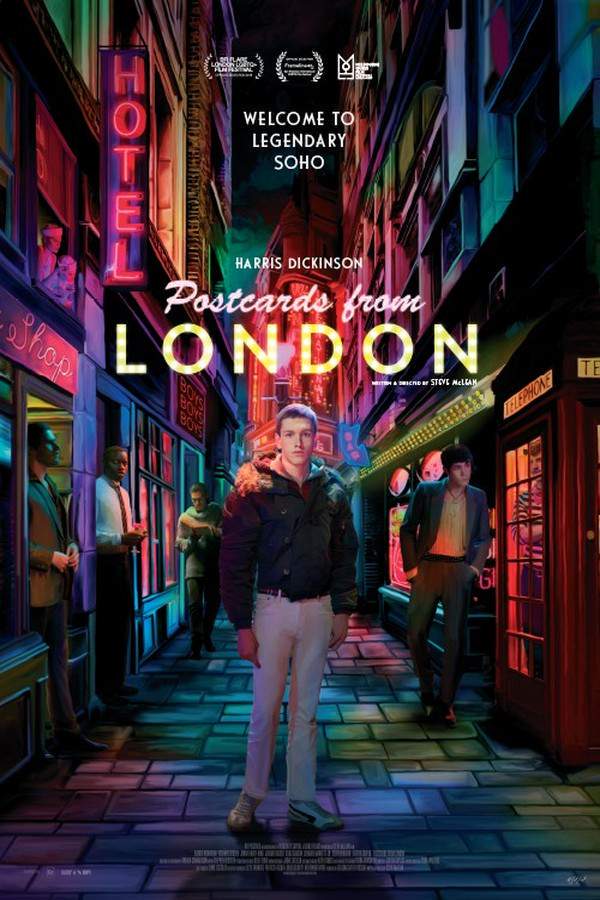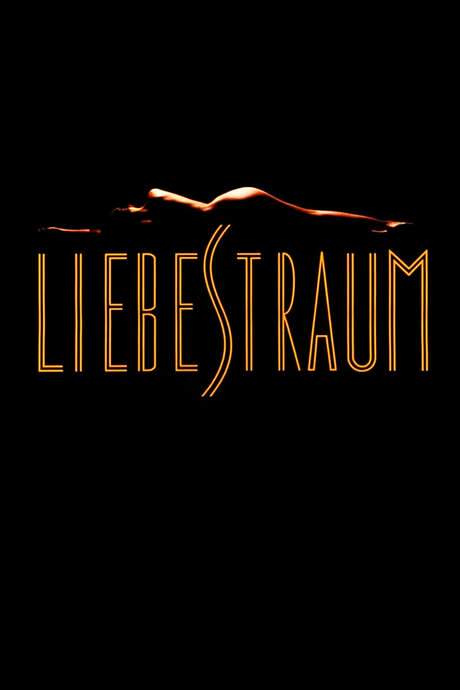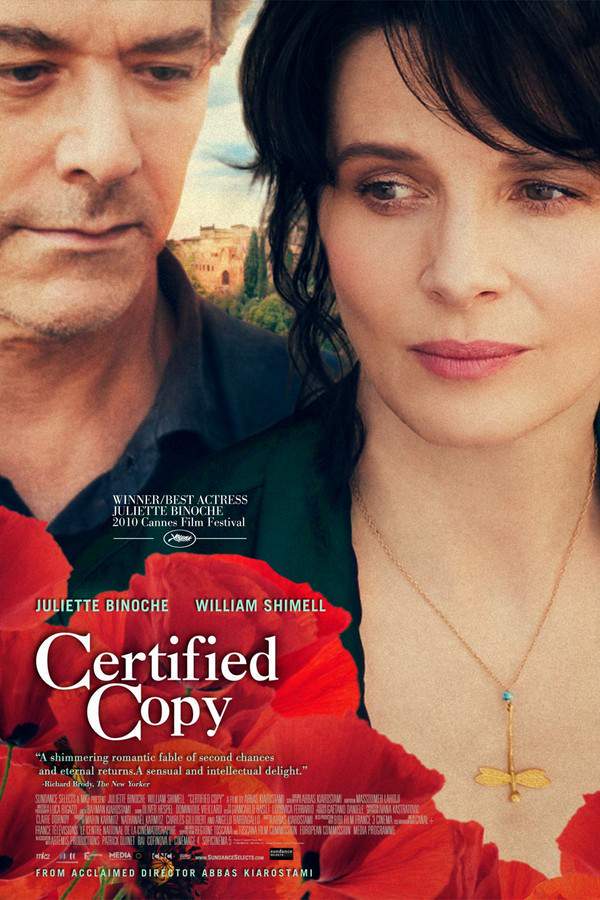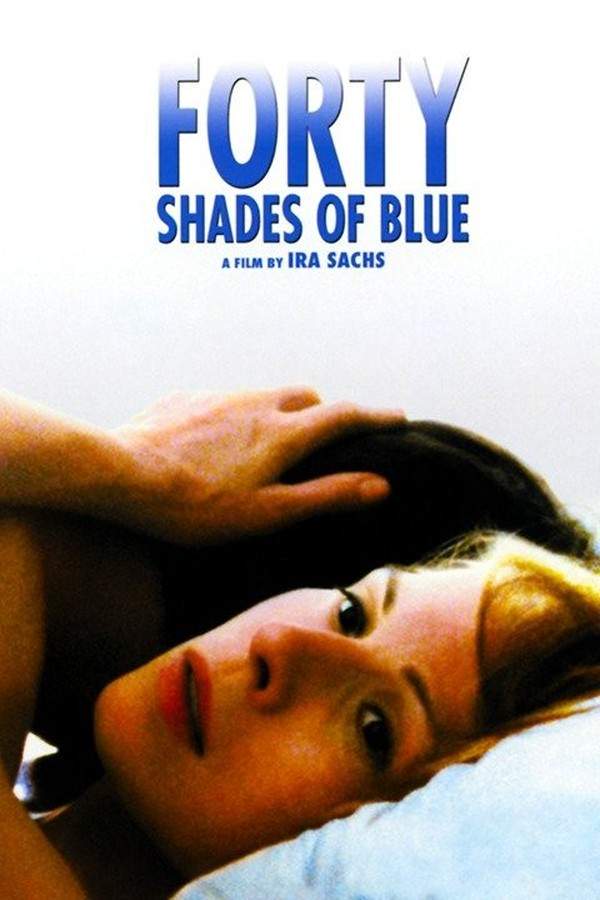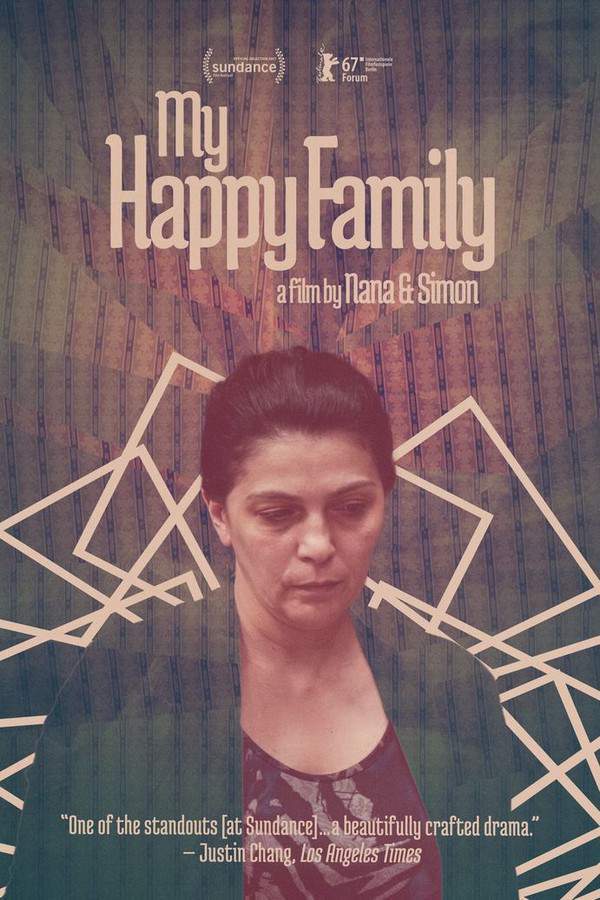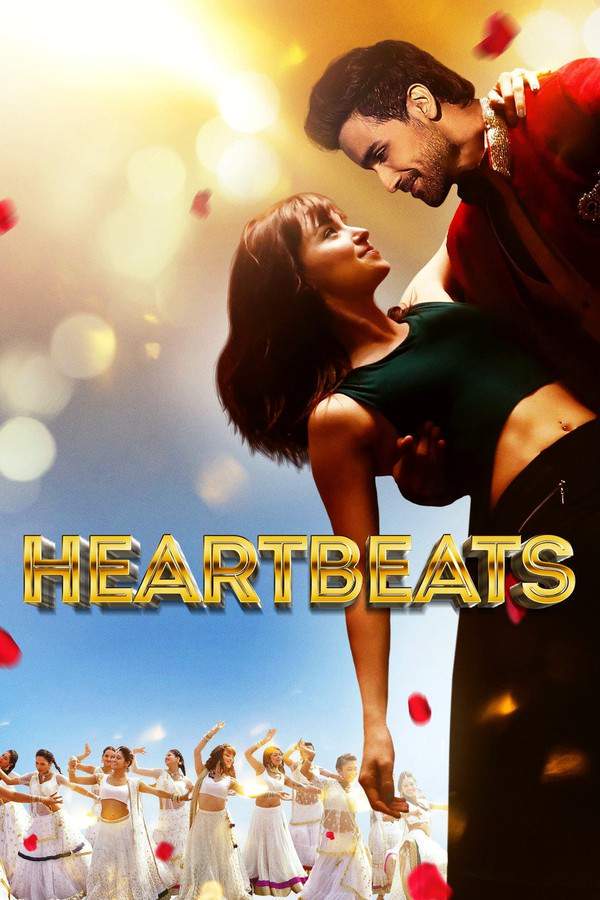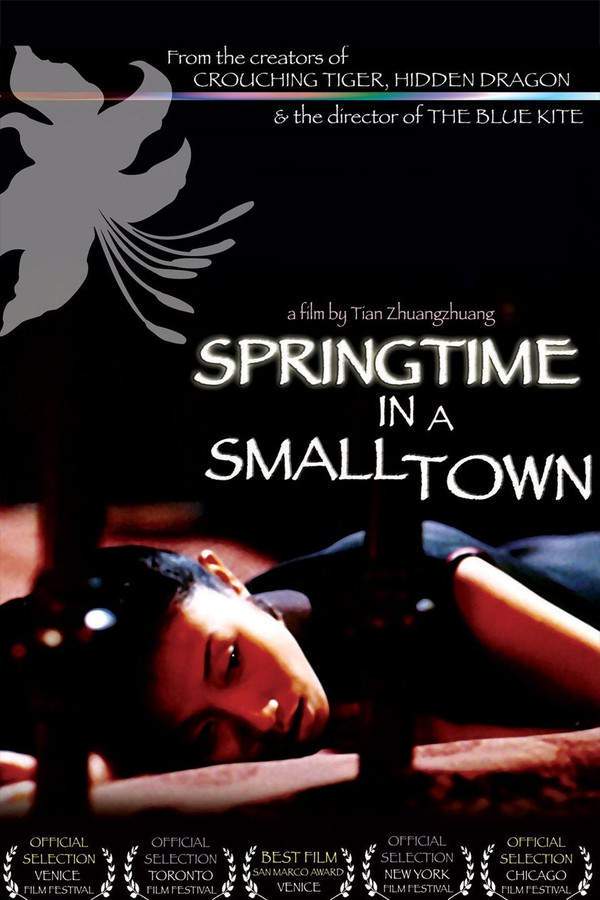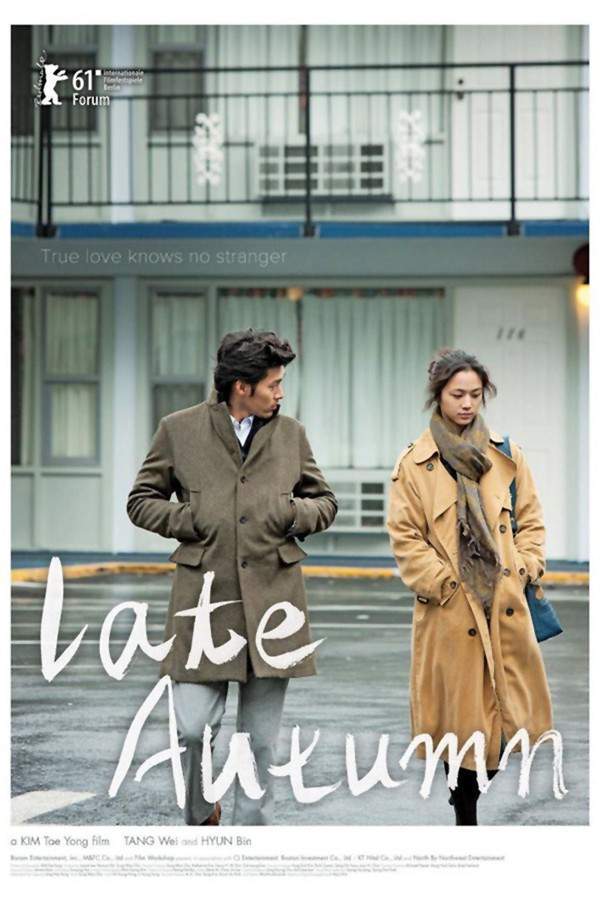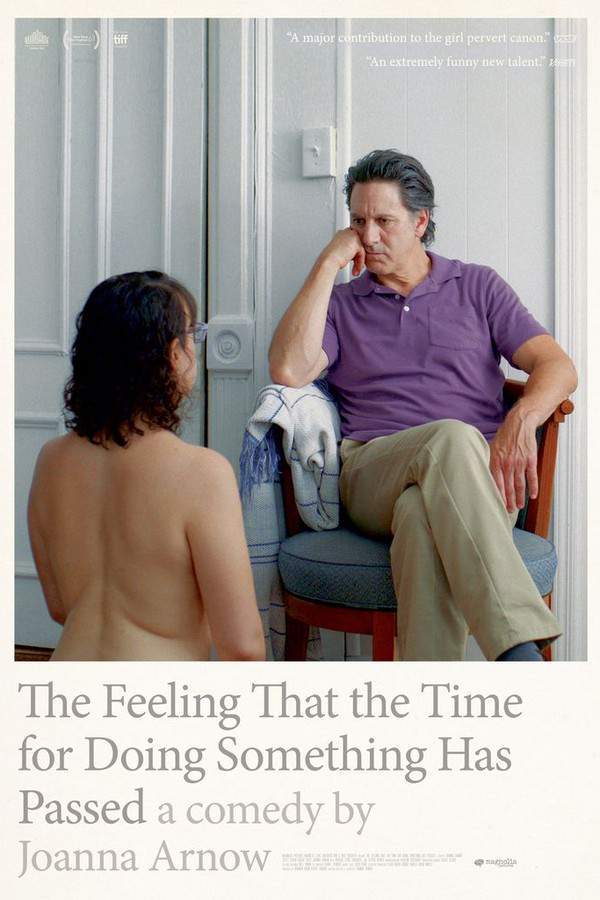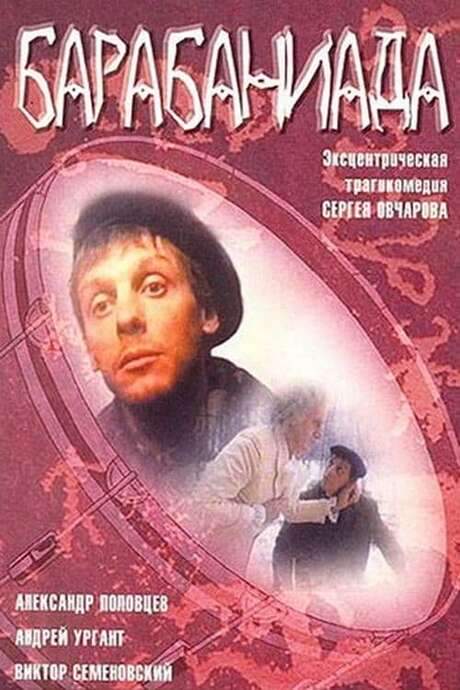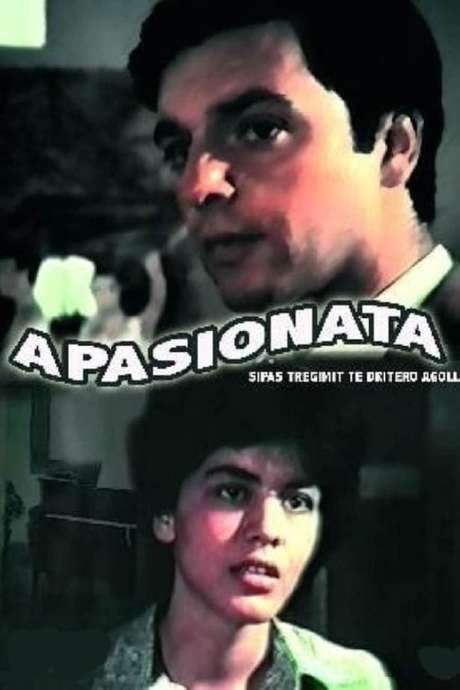
Passion
Year: 1983
Runtime: 80 mins
Language: Albanian
Directors: Ibrahim Muçaj, Kristaq Mitro
Romantic drama.
Warning: spoilers below!
Haven’t seen Passion yet? This summary contains major spoilers. Bookmark the page, watch the movie, and come back for the full breakdown. If you're ready, scroll on and relive the story!
Passion (1983) – Full Plot Summary & Ending Explained
Read the complete plot breakdown of Passion (1983), including all key story events, major twists, and the ending explained in detail. Discover what really happened—and what it all means.
Jerzy, a Polish director, travels to a Swiss studio to shape a film that unfolds as a sequence of tableaux vivants rather than a conventional narrative. The project is stubbornly stubborn, and his producer, László, grows increasingly impatient, frustrated by the absence of a clear, cohesive story and by Jerzy’s repeated delays and cancellations. The director keeps citing lighting difficulties as the main obstacle, turning the production into a slow, meticulous search for the perfect glow that would transform still scenes into living moments.
Amid this behind-the-scenes struggle, Jerzy becomes entwined with two local women who inhabit the film’s world as much as the crew does: Isabelle, a sincere factory worker who speaks with a stutter, and Hanna, a worldly German woman who runs the motel where the crew lodges. Hanna’s life is not only a backdrop for Jerzy’s romantic interest but also a tension-filled circle that includes Michel, Hanna’s husband, a stubborn man who coughs chronically and owns the factory where Isabelle works. The dynamic between these characters sharpens the film’s exploration of desire, power, and the friction between labor and art.
Isabelle faces a downturn when she loses her job, yet this setback becomes the catalyst for a broader activism: she attempts to mobilize her fellow workers to strike, driven not merely by personal grievance but by a genuine wish to improve conditions for the entire workforce. Parallel to this labor unrest, the film crew is drawn into the production as extras for Jerzy’s tableaux, further blurring the lines between cinematic representation and the real lives of the workers. Jerzy’s obsession with lighting continues as he steers a growing and increasingly unruly group of extras, all while navigating a fragile, evolving bond with Hanna. Their private test footage—shared and discussed—becomes a mirror for their conversations about the intersection of love and work, and the possibility that cinema can reveal the truth of people’s daily labor.
Isabelle, eager to fuse romance with political meaning, presses Jerzy to involve himself in her cause and to forge deeper connections with the crew. She questions why films so rarely depict people at work, inviting a more authentic portrayal of labor’s dignity. Their relationship deepens, and at a pivotal moment, Isabelle and Jerzy share an intimate encounter, a turning point that sees Isabelle surrender her virginity. She accepts a payout offered by Michel as the strike effort falters and the workers drift away from any sustained collective action.
As production pressures mount, László secures additional funds, but Jerzy feels the pull of larger forces—the stirring of Solidarity in Poland and the aching pull of his family there. Unable to complete the project under the looming political and personal uncertainties, he decides to return to Poland, choosing departure over staying with Isabelle or Hanna. He leaves not with either of them, but with a motel waitress, shifting the story’s center from the studio to the wider world he’s rejoining. In the wake of Jerzy’s departure, Isabelle and Hanna acknowledge a new solidarity between themselves and resolve to follow him to Poland, hinting at an uncertain but hopeful journey beyond the studio’s walls.
Last Updated: October 09, 2025 at 14:49
Explore Movie Threads
Discover curated groups of movies connected by mood, themes, and story style. Browse collections built around emotion, atmosphere, and narrative focus to easily find films that match what you feel like watching right now.
Movies about artistic passion like Passion
Slow burning stories of creators wrestling with their art and their passions.If you were drawn to the artistic struggle in Passion, this thread features similar movies about creative individuals. Discover other slow-paced, thoughtful dramas where filmmakers, writers, and artists wrestle with their craft, romantic tensions, and the search for authentic expression.
Narrative Summary
The narrative pattern follows a creative protagonist, often an artist or intellectual, whose dedication to their craft is tested by external pressures and internal doubts. The central conflict pits artistic integrity against compromise, with the journey unfolding through a series of quiet, contemplative moments rather than dramatic action.
Why These Movies?
Movies are grouped here for their shared focus on the creative process, a melancholic and introspective tone, and the thematic exploration of art versus life. They offer a similar viewing experience of intellectual searching and emotional yearning.
Slow burn movies with ambiguous endings like Passion
Thoughtful character journeys that conclude with open-ended, uncertain resolutions.For viewers who appreciated the contemplative pace and unresolved conclusion of Passion, this thread highlights similar movies. Find other medium-intensity dramas that unfold gradually and end on a note of ambiguous hope or uncertain change, leaving a lasting, thoughtful impression.
Narrative Summary
Stories in this thread unfold at a measured pace, allowing character development and atmospheric tension to build gradually. The central conflicts—often romantic, personal, or ideological—are not cleanly resolved. Instead, the narrative concludes at a point of departure or decision, emphasizing the journey over the destination and leaving the ultimate outcome to the viewer's interpretation.
Why These Movies?
These movies share a specific combination of slow pacing, medium intensity, and an emotionally ambiguous ending. This creates a coherent vibe of thoughtful realism, where the focus is on the complexity of life's situations rather than neat, satisfying conclusions.
Unlock the Full Story of Passion
Don't stop at just watching — explore Passion in full detail. From the complete plot summary and scene-by-scene timeline to character breakdowns, thematic analysis, and a deep dive into the ending — every page helps you truly understand what Passion is all about. Plus, discover what's next after the movie.
Passion Timeline
Track the full timeline of Passion with every major event arranged chronologically. Perfect for decoding non-linear storytelling, flashbacks, or parallel narratives with a clear scene-by-scene breakdown.

Characters, Settings & Themes in Passion
Discover the characters, locations, and core themes that shape Passion. Get insights into symbolic elements, setting significance, and deeper narrative meaning — ideal for thematic analysis and movie breakdowns.

Passion Spoiler-Free Summary
Get a quick, spoiler-free overview of Passion that covers the main plot points and key details without revealing any major twists or spoilers. Perfect for those who want to know what to expect before diving in.

More About Passion
Visit What's After the Movie to explore more about Passion: box office results, cast and crew info, production details, post-credit scenes, and external links — all in one place for movie fans and researchers.


